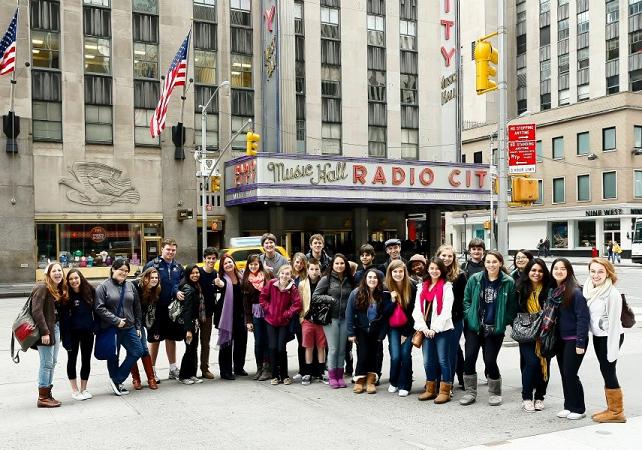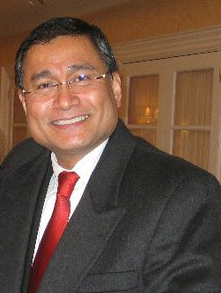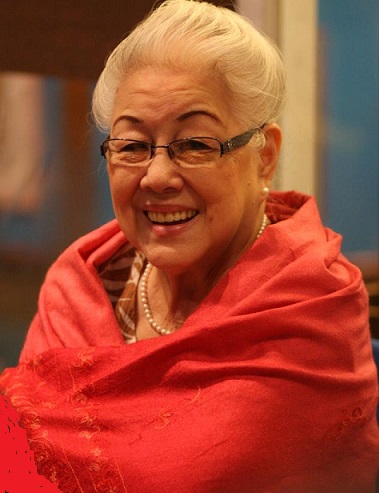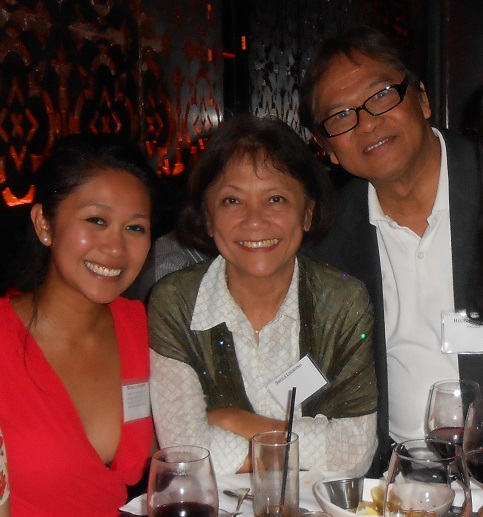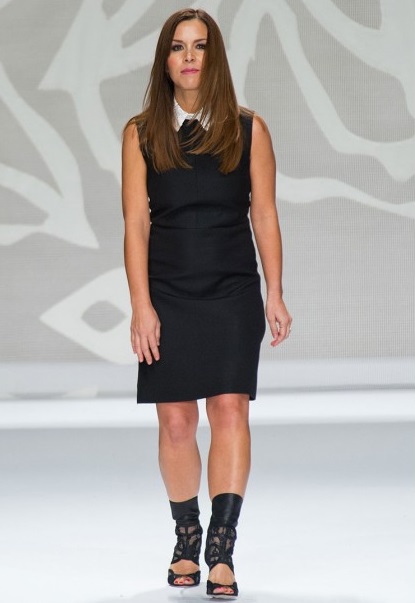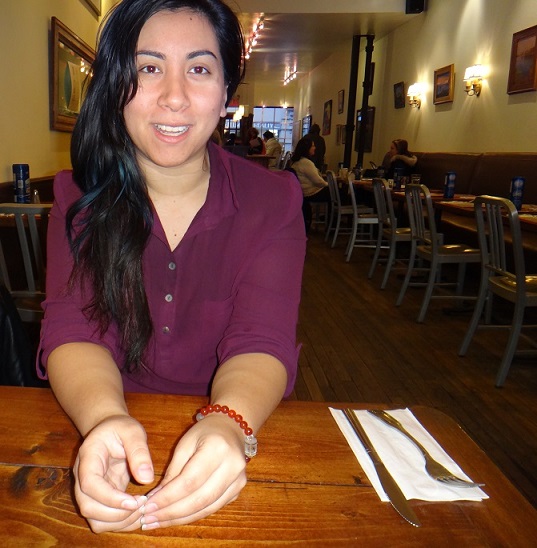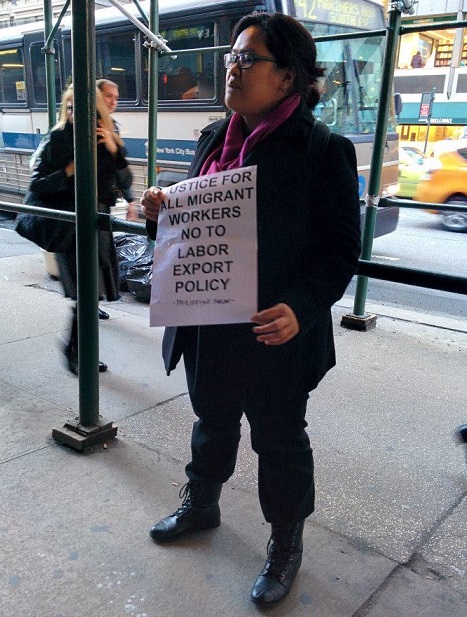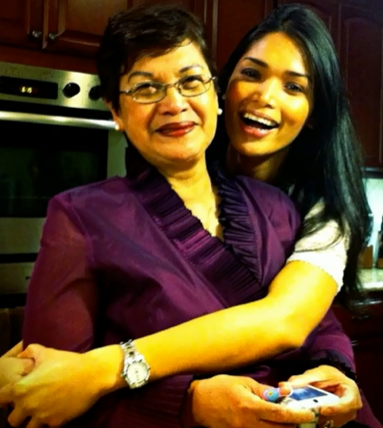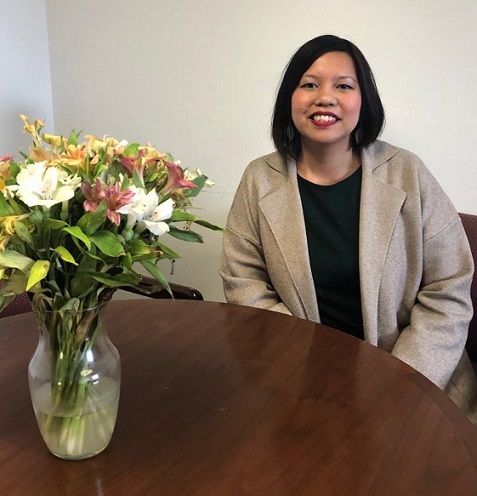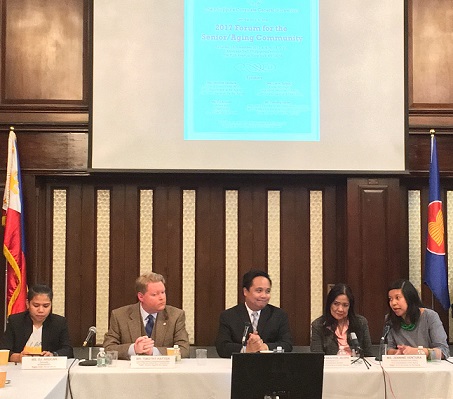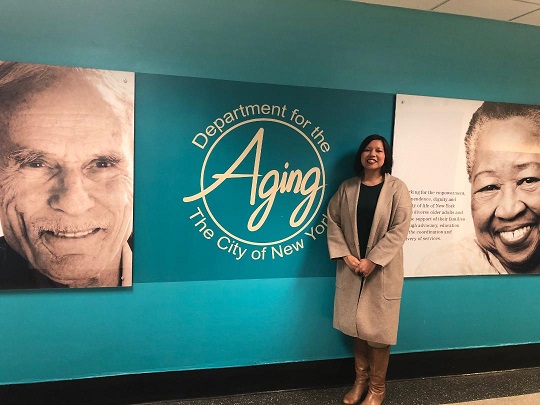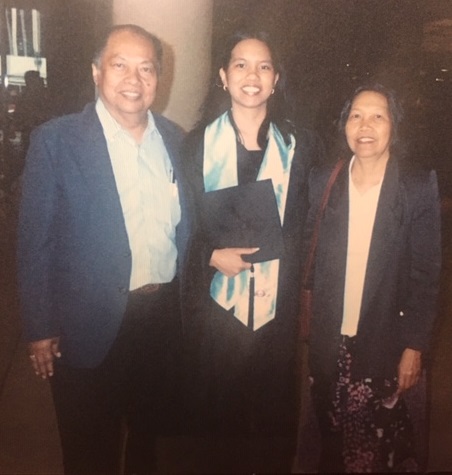DFTA’s Jennine Ventura addresses aging and eliminating ageism

KNOW YOUR RIGHTS: Are you paid for overtime hours?
Sotera Domingo is an 84-year-old retired nurse who has lived in Richmond Hill for more than 35 years. Since her husband died three years ago, grief has taken its toll on her health. Her cancer has returned, and she has mood swings triggered by recurring depression. Caring friends and neighbors bring her meals and Uber takes her to her medical appointments.
Sotera is among the nearly 1.6 million New York residents aged 60 and older, a population served by the New York City Department for the Aging, or DFTA. Although she reads the papers, she has never heard of DFTA, and because she is set in her ways, she balks at getting the city government involved in her life.
“As long as someone does my laundry and cooks for me, I’m good,” she often said jokingly.
Not everyone is fortunate like Sotera who owns her apartment and lives on her comfortable retirement pension. Some older New Yorkers have only a few hundred dollars in the bank, live in low-income housing, and rely on DFTA for services such as home-delivered meals, assistance with Medicare, and access to senior centers where they can go to socialize.
DFTA is the agency that advocates for the city’s aging population through public policy, social services, and legislation.
“What we are most known for is our senior center networks,” said Jennine Ventura, DFTA’s Director of Intergovernmental Affairs, in an interview with The FilAm. The agency has 249 senior centers that provide educational and recreational programs, case assistance information and, referrals. “Almost all of our sites provide meals,” she added.
Ventura, a Brooklyn-born Filipino American heads the Intergovernmental Affairs department that establishes a working relationship with various agencies in the service of the city’s aging population.
“We are the largest area agency on aging in the United States,” she said. “It is our mission to work to eliminate ageism and ensure the dignity and quality of life of New York’s diverse, older adults.”
DFTA has recently rolled out a new “home-sharing” ad campaign for seniors. The idea is to find creative ways to address the issue of high housing costs. For instance, a senior can offer a room in his or her home to someone who may not be able to afford rent but can offer companionship or help with domestic chores like housecleaning, grocery shopping or laundry. Many housemates do, however, split housing costs.
“It’s not like going on Craigslist and finding a roommate,” said Zenovia Earle, DFTA’s Director of Public Affairs. “There’s a matching program, and there are visits to make sure the matches are made properly.”
DFTA has countless initiatives for the elderly in the areas of health and social services, public safety, community and civic participation that are at the heart of Mayor Bill de Blasio’s “Age-friendly NYC: New Commitments for a City for All Ages” initiative. Ventura also highlighted a couple of legislative proposals she was confident would get the City Council vote.
One is the Mental Health First Aid bill introduced by Council Member Diana Ayala. Once approved, the law will require case workers to undergo training in mental health first aid similar to CPR.
Explained Ventura, “It’s a one day, eight-hour training conducted by the Department of Health and Mental Hygiene. The idea is for people who work with home-bound older adults, who are frail or at risk of social isolation, to detect the early signs and to refer persons who may need help.”
Another piece of legislation that previously passed is the Silver Alert bill. Similar to the Amber Alert for missing children, this program assists seniors who may be experiencing disorientation from dementia and other health conditions. A notification goes out when there is a report of a missing elderly person, said Ventura.
She also spoke about a DFTA program that seeks to address age discrimination so that people who are 55 years and older can receive training and stay in the work force.
“Eliminating ageism is part of DFTA’s mission. Older adults are seen as reliable, on time, willing to learn, and also consistent as an employee compared to some who have lots of different competing interests or are still trying to figure out what they want to do. Seniors are looking to just be in the work force, and they want to stay engaged in their communities,” she said.
Ventura, whose parents are both health care professionals, is a member of the National Executive Committee of Gabriela USA, a Filipino American grassroots organization for women. An only child, she was born in Brooklyn and grew up in Queens, where she attended private Catholic schools and moved to the public-school system in high school. She joined DFTA in 2012. Her pathway to city government began in 2002 when she became a legislative fellow for then Council Member de Blasio. She attended the School of Public Affairs at Baruch College.
© The FilAm 2019

